Contains Spoilers
Intermezzo, the latest release from larger-than-life Irish author Sally Rooney, is a highly choreographed dance. A natural extension of Conversations With Friends, Rooney fine-tunes her distinct style while taking a few well-judged risks. Its hardfought conclusion is perhaps her most satisfying yet.
After the death of their father, 32-year-old Peter and 22-year-old-Ivan are brothers at odds. Peter is a respected lawyer in love with two women: Sylvia, his former flame — now a lecturer — who was involved in a terrible accident. In opposition, Naomi is a 23-year-old college student who occasionally engages in online sex work and who he often supports financially. To Peter, the two relationships resemble a contest between good and evil. One woman, “The love of his life, high principle of his conscience,” the other, “his captive, his tormentor.”
Ivan is a chess player. At a competition, he meets Margaret, an attractive 36-year-old woman with whom he falls madly in love. Margaret, separated from her alcoholic husband, proceeds at first reluctantly and then steadfastly into a relationship with Ivan. The two push each other into unfamiliar ways of being; Ivan swells with revelatory hopefulness and coming-of-age giddiness, while Margaret faces moral reckoning and an overhaul of who she once believed herself to be.
Separated for much of the novel, Ivan and Peter blindly navigate through a year of grief, wildly grasping at their romantic counterparts to avoid confronting each other. But in the Rooney-verse, every action has an equal, opposite reaction. Each drunken misstep or ill-fated bus ride brings the two tragically closer together, eventually driving them back to the now-empty house of their childhood. Her characters relate to each other gravitationally.
Intentionally stunted dialogue — a trademark of the author — is underpinned by intensely emotional inner monologue. This choice, perhaps more than any other, sets Intermezzo apart from her previous work. Rooney hasn’t only mastered the dry realities of interpersonal communication, she’s captured the embarrassing melodrama of self talk.
I love you’s are casually, although not insincerely, tossed out by Ivan to Margaret and Peter to Naomi and Sylvia. These characters are willing to take emotional leaps of faith largely unimaginable for, say, Marianne and Connell of Normal People. But heartfelt confessions are unable to prevent fundamental misunderstandings from rupturing, without which a novel of Rooney’s might feel incomplete.
From the first chapter, she lays imperceptible time bombs. Many of which wait to detonate until the novel’s third act. There is a lethal chain reaction: Naomi’s banishment to their father’s house, Ivan already there, Peter’s arrival, and long-awaited confrontation. None of which would have happened, of course, if Ivan’s mother had agreed to keep the family dog.
Indeed, if their father were still alive, many unacknowledged slights and power dynamics might have continued to swirl beneath the surface of the brothers’ relationship. It is his death that sets the book into motion, the terrarium in which everything lives and grows under fluorescent light.
Like the rest of Rooney’s credits, Intermezzo is inherently zeitgeisty. She unabashedly canonizes the pandemic, and there is something all-too-2024 about Ivan’s trajectory from seedy message boards to lukewarm feminist. She expertly locates moral fracture points — Peter’s uncomfortable self-awareness about the “exploitative” nature of money, which reveals the further disconcerting truth that it is not enough to make him leave Naomi: “Money overall a very exploitative substance, creating it seems fresh kinds of exploitation in every form of relationality through which it passes.”
Some facet of each character’s personality is inherently provoking to another. Ivan’s inability to comprehend his own youth pokes at Margaret’s subsequent guilt-ridden frustration. Peter’s casual mistreatment of Ivan exists alongside buried jealousy. You cannot move one without moving the other; Rooney is playing chess with herself. More than ever, her style mimics thought patterns. Peter’s jumbled sentences (“Like a child he thinks himself”) bring a sense of viscerality to his sections, an apt choice for a character largely defined by his volatility.
There are eerily quiet breaks in the storm. Characters say aloud: “I’m happy,” signifying pockets of peace in a literary landscape of turmoil, and a momentary relief for the reader. In the bath together, while Naomi stays at Peter’s house after eviction from her apartment, he tells her: “I don’t want you to be grateful. I just want you to be happy.” She replies: “I’m actually touched by that, like emotionally.”
Intermezzo is an ongoing trolley problem. A web of moral ambiguity in which each character must eventually answer the question: “Where do we go from here?” No hands are clean, and maybe that’s what allows them to forgive one another. With each meticulously crafted sentence, you see the train barreling ahead at full speed. You turn the page, waiting for the crash.

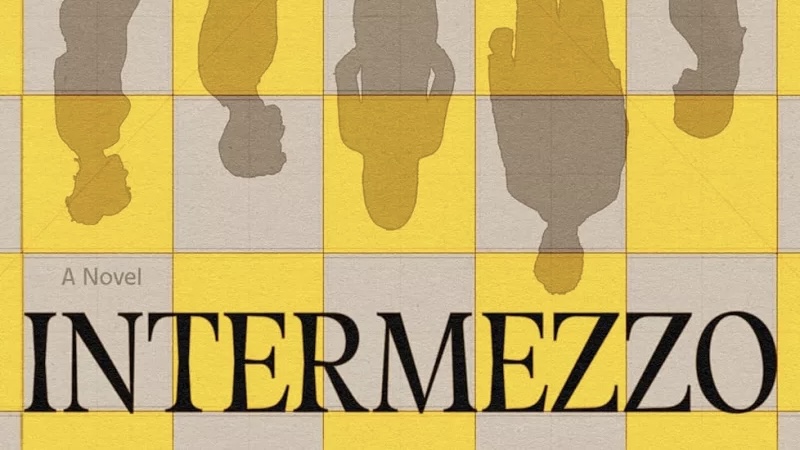
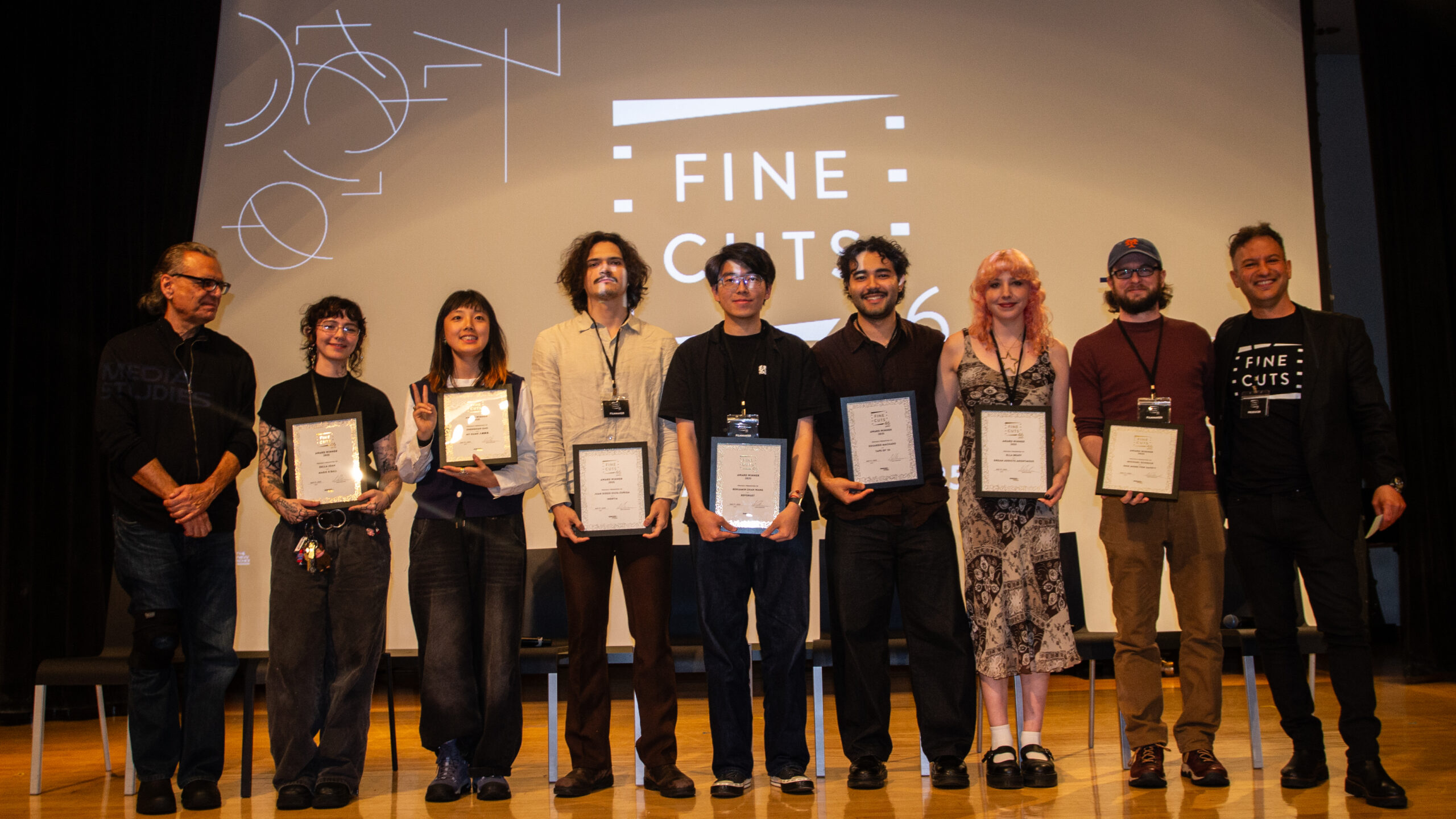
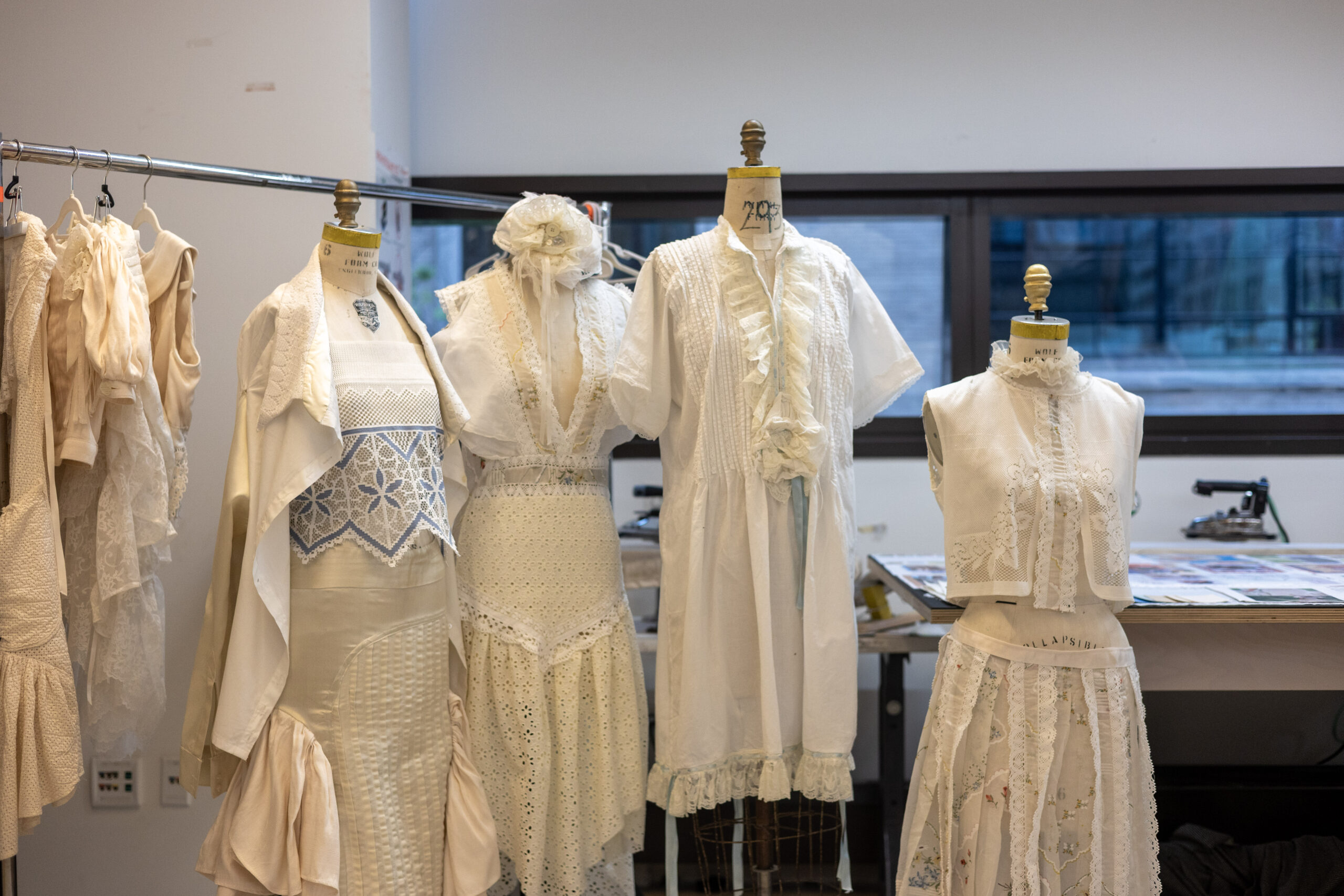

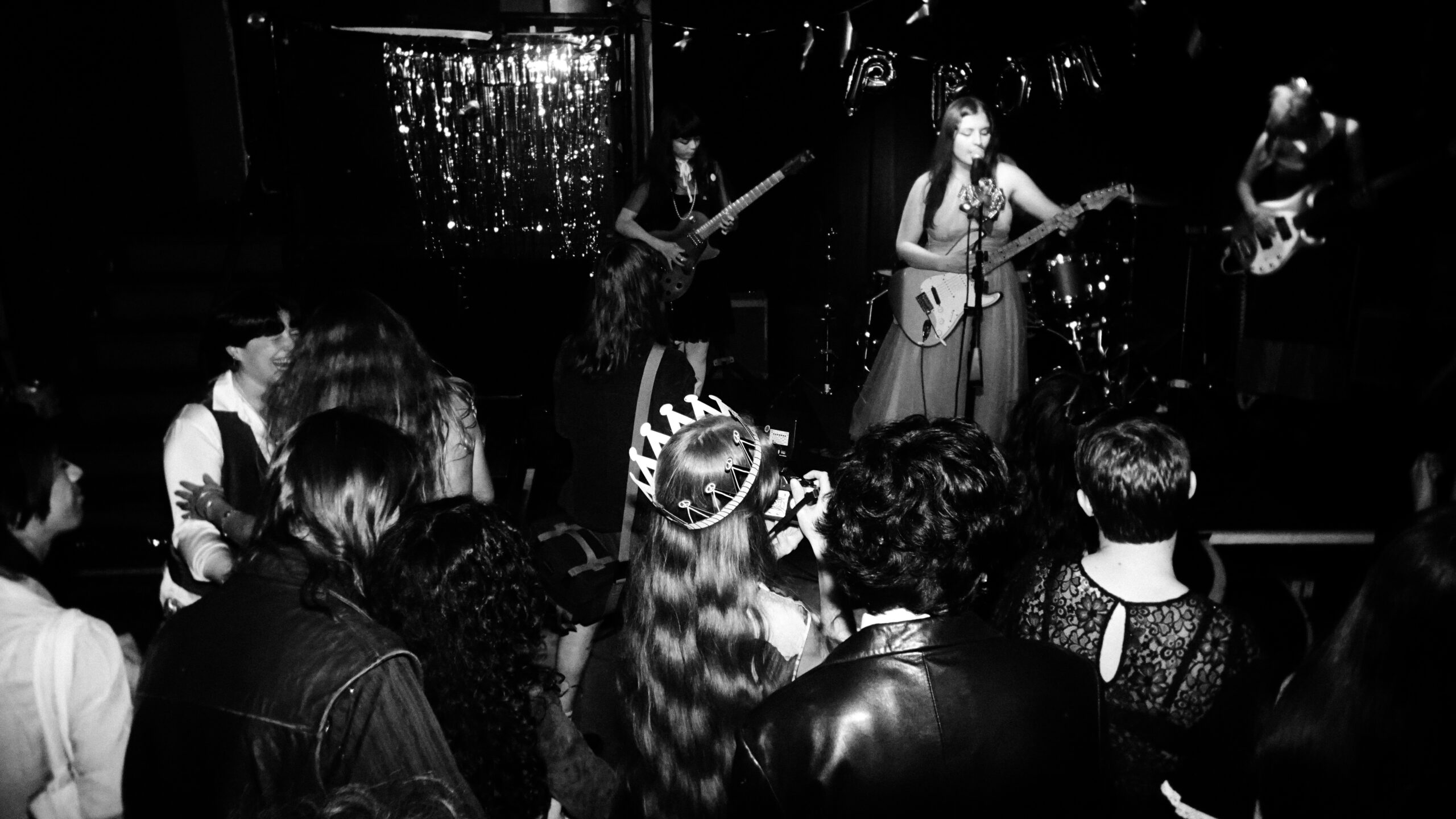
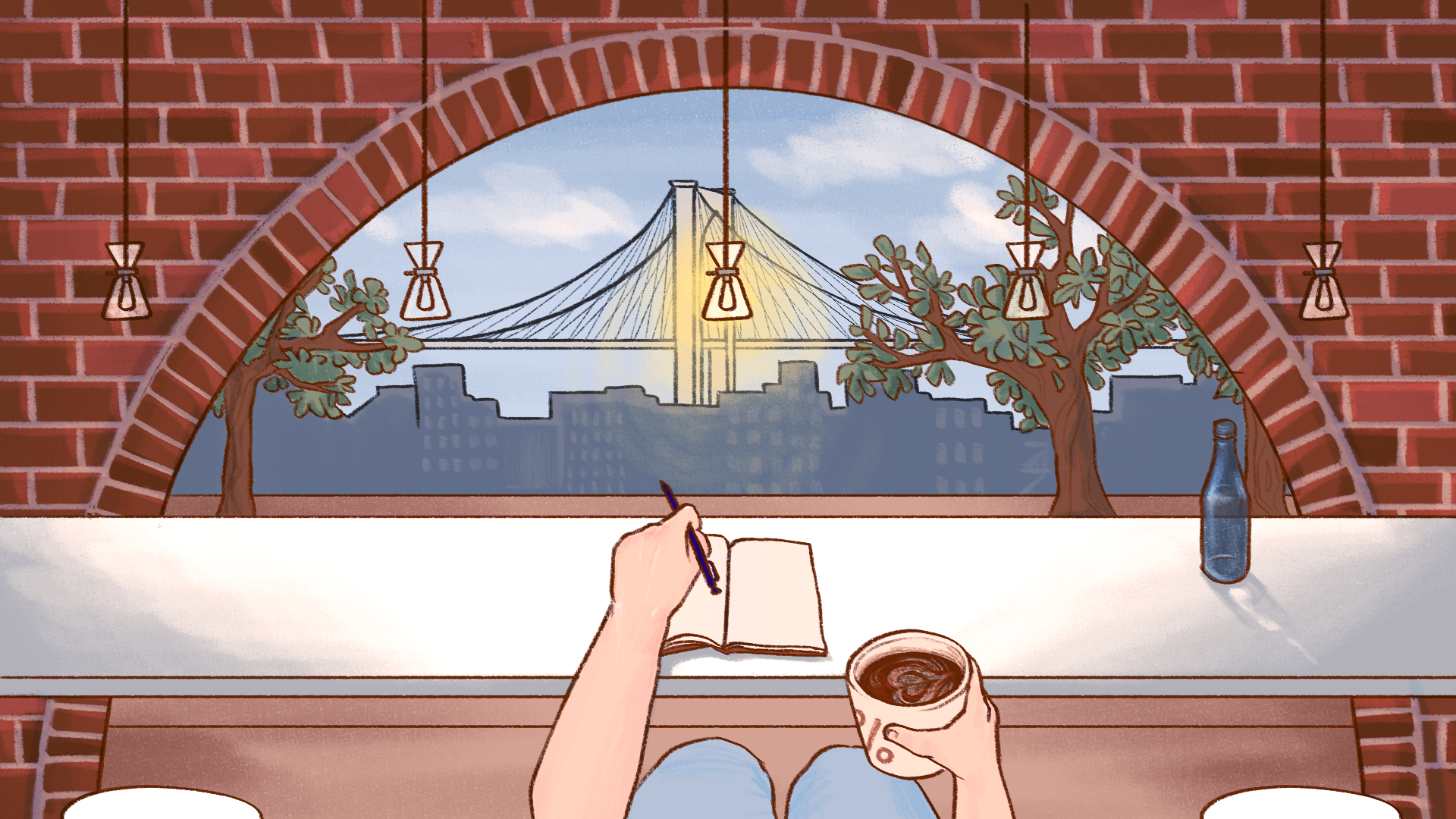

Leave a Reply